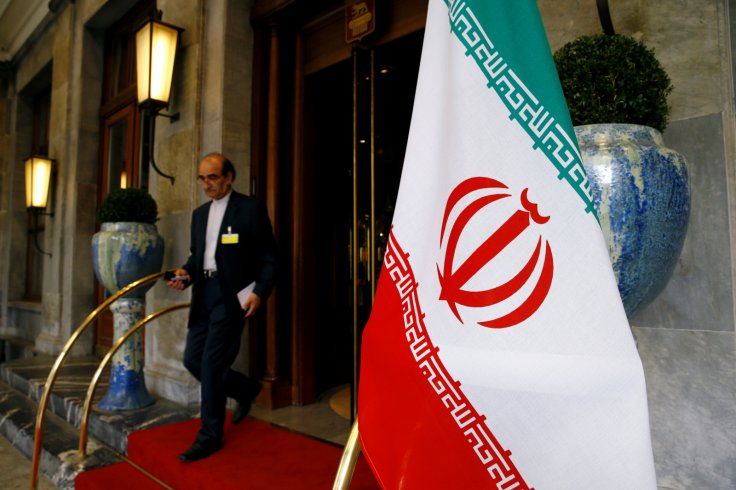A data leak has revealed that the number of coronavirus deaths in Iran is nearly triple than what the government claims, a BBC investigation has found. The data, which was sent to the BBC by an anonymous source, has details of daily admissions to hospitals across Iran, including names, age, gender, symptoms, date and length of periods spent in the hospital, and underlying conditions patients might have.
The first death in Iran from COVID-19 was recorded on January 22, almost a month before the first official case of coronavirus was reported in the country, according to the data. The leaked information revealed that the government's own records appear to show almost 42,000 people died with coronavirus symptoms up to July 20, versus 14,405 reported by its Health Ministry.
Reports to WHO "Transparent" Says Health Ministry
The number of people known to be infected is also almost double official figures: 451,024 as opposed to 278,827. Tehran, the capital, has the highest number of fatalities at 8,120, while the city of Qom, the initial epicenter of the virus in Iran, is worst hit proportionally, with 1,419 deaths - that is one death with COVID-19 for every 1,000 people.

But the Health Ministry has said that the country's reports to the World Health Organization regarding the number of coronavirus cases and deaths are "transparent" and "far from any deviations".
Government Accused of Being "In Denial"
Regarding the leak, the source told the BBC that it was to "shed light on truth" and to end "political games" over the pandemic. Doctors with direct knowledge of the matter also told the BBC that the Iranian Health Ministry has been under pressure from security and intelligence bodies inside the country.
One of them said that the ministry "was in denial". "Initially they did not have testing kits and when they got them, they weren't used widely enough. The position of the security services was not to admit to the existence of coronavirus in Iran," he added. The start of the outbreak coincided both with the anniversary of the 1979 Islamic Revolution and with parliamentary elections.








